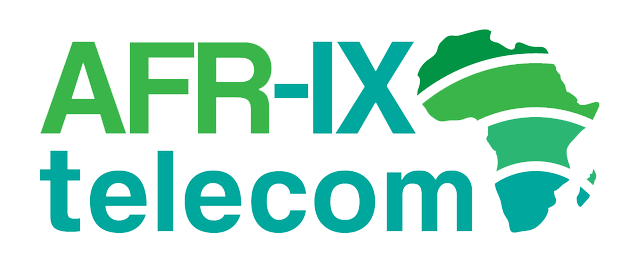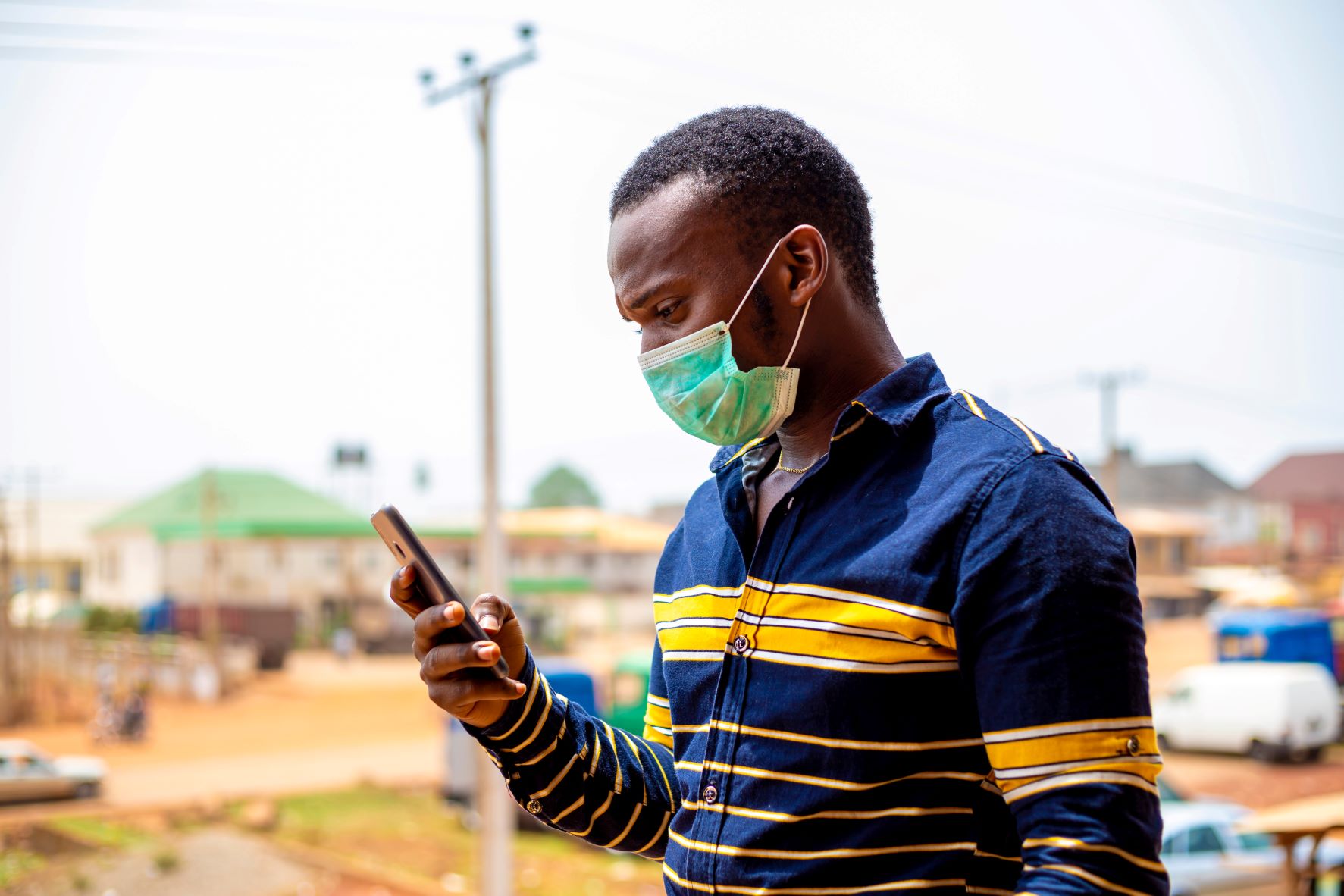Importance of Internet in driving African Economic Growth
With urbanization and development comes economic growth; driving African economic growth with internet is crucial.
African cities have seen a significant surge in population growth
By 2050, it is projected that Africa will have the world’s fastest urban growth rate. An additional 950 million Africans will urbanize. This evolution presents both opportunities and challenges. Urban planning and management are key development issues for investors and authorities. A thorough understanding of urbanization, its causes, characteristics, and effects will benefit the continent as a whole.
Africa is experiencing the largest process of urbanization in Human History
The industrial revolution in the 1700s saw a massive influx of people to urban areas, but 4IR is shaking Africa up in an even bigger way. Never before has a continent’s population urbanized at such a rapid rate. Policymakers are therefore urged to enact policies which will encourage the growth in cities to be used for economic development and poverty eradication.
Internet Access in Africa is increasing
The potential of urbanization for promoting growth will depend on how conducive the infrastructure and institutional settings are.
Africa leads in adoption of Mobile Internet
Internet penetration is now at 40%. An increase of 10% increase in mobile Internet penetration can increase GDP by 2.5% in Africa, compared with 2% globally. It is forecast that if Internet penetration can be increased to 75%, there is the potential to create 44 million new jobs. The African Union (supported by the World Bank Group) has set a target of having every individual, business, and government online by the year 2030, so this is clearly a priority across the continent.
Key success factors for broadband deployment in Africa
Fibre-optic cables are expensive and another 500,000km of cable is still needed to achieve 100% connectivity. This is just one cost, so it’s abundantly clear that massive investment is needed.
According to a study by Patience Akpan and Nicholas Alozie of Arizona State University, “the reality is that there exist contextual and ecological factors within developing contexts that must inform the choice, type and timing of deployment of broadband technologies. For Africa, these factors include both infrastructural and human limitations.”
Economic development includes infrastructure such as roads and telecommunications
Infrastructure is a major factor in poverty alleviation and economic development. It is often a catalyst to development and improves people’s access to other assets such as natural resources, human, social and financial assets. Without roads, people are unable to get their output to market. A study in India revealed that roads alone account for 7% of the growth in aggregate output of rural areas.
Electricity is another crucial part of the necessary infrastructure required for growth. Many parts of the African continent have no electricity or an unstable supply. This is not only confined to rural areas.
The new urban agenda must prioritize smarter urban infrastructure. Local governments need to create sustainable cities that offer inhabitants social protection and opportunities to lift themselves out of poverty. Urban areas must be sensitive to the impact of climate change while maximizing the advantages of technological innovations.
African local authorities are committed to improving the life of their citizens with Broadband.
Contact AFR-IX telecom for more information about the importance of the internet in driving African economic growth.





